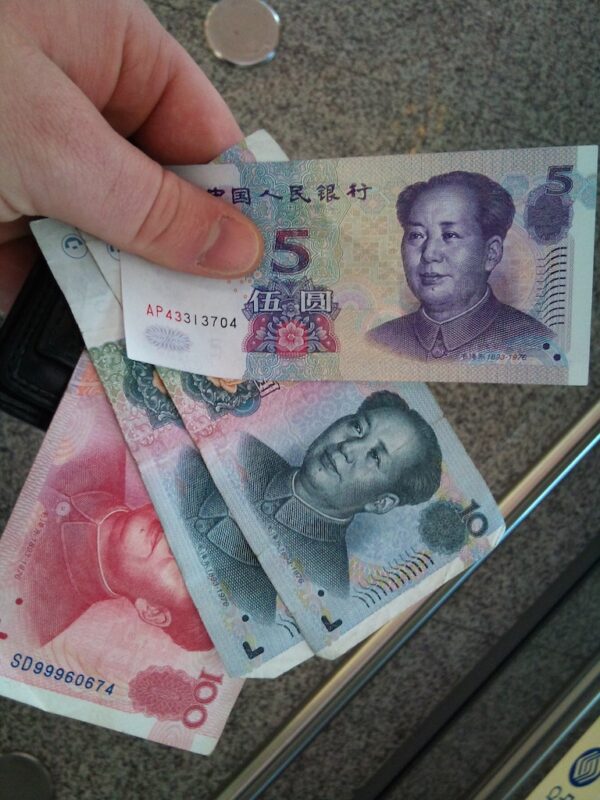The People’s Bank of China is reported to be preparing for the issuance of the digital Chinese yuan. What might be the repercussions? Funabashi Haruo anticipates the emergence of currency blocks.
The wave of the digital economy is changing the world in a wide variety of ways. Among these changes, the recent move regarding virtual currencies is considered to be one of the things that are likely to have a significant impact on the global financial structure and economic system in the future.
With respect to virtual currencies or crypto-assets, there are many things with a wide variety of names that are available as such currencies and assets. They are criticized as being used as part of money games and money laundering, or the response of financial regulators is criticized as being insufficient.
In the meantime, in June 2019, Facebook promoted Libra, a virtual currency designed to be one of the things backed by assets such as currencies and national government bonds, not conventional virtual currencies such as bitcoin, and one of the things that are not backed up. It was expected to be one of the things that would enhance price stability and payment convenience.
However, the concept of Libra led to furious opposition from the governments and central banks of each country. There was concern that Libra might threaten the monetary sovereignty of each country and could destroy the current financial order.
Monetary sovereignty, in principle, is a function in which the government of each country dominates the issuance of currencies in its territory and undertakes it in a forcible manner, and this is still the case today, when the currencies of other countries are traded daily in the ongoing globalization of the economy. Given this fact, the financial administration and the financial function of a country are maintained. Accordingly, each government, regulating authority, and central bank expressed concern, and it was natural for many negative opinions to be shared at international conferences such as G24 and G20. Libra is a type of proposal that is likely to overcome their established interest, and it was no wonder that countries that do not usually see eye to eye on a range of issues expressed deep-rooted opposition to Libra with one accord.
The Libra project was met with opposition, but this is not the end of the issue. There remains an issue in terms of what would happen if the government or central bank of a country issued digital currencies.
Currently, the People’s Bank of China is reported to be preparing for the issuance of the digital Chinese yuan (renminbi). The digital currency is said to be used initially for the payment of retail sales in China, with a plan that it will eventually be used for international payments. The digital currency will be issued by the central government and is highly creditworthy, because the government itself issues the currency, at least in China. In addition, since payment by smartphone including Alipay is already widely available in China, the conditions for accepting digital currency have been established. Accordingly, the so-called digital Chinese yuan will permeate and spread rapidly, depending on the intention of the authorities. Although it cannot be said that there is no concern regarding securing the anonymity of transactions, its general-purpose properties and convenience are exceptional. In addition, crime involving banknotes, including the production of counterfeit notes and theft, will be prevented, and the costs of the storage and transportation of banknotes will be reduced.
From the above, there does not appear to be a problem, but issues also remain. The Chinese authorities seem to be considering developing the digital Chinese yuan as an international currency on a par with or superior to the US dollar in the future, fostering it to become a key currency. China plans to use its digital currency as one of the bargaining chips in the struggle for supremacy between the US and China, including trade and Hong Kong issues. China will initially use it for trade settlement with countries that are friendly to China and then, after enhancing its advantages and convenience, will potentially build a currency block of Chinese yuan.
This move will probably not be stopped. It is considered likely to lead to a similar initiative in other areas, including the EU and the Middle East. In the future, the world is likely to be developed based on blocks of digital currency.
FUNABASHI Haruo is a historian and CEO of the Sirius Institute Inc.
[This article first appeared in the January/February issue of the Japan Journal.]









